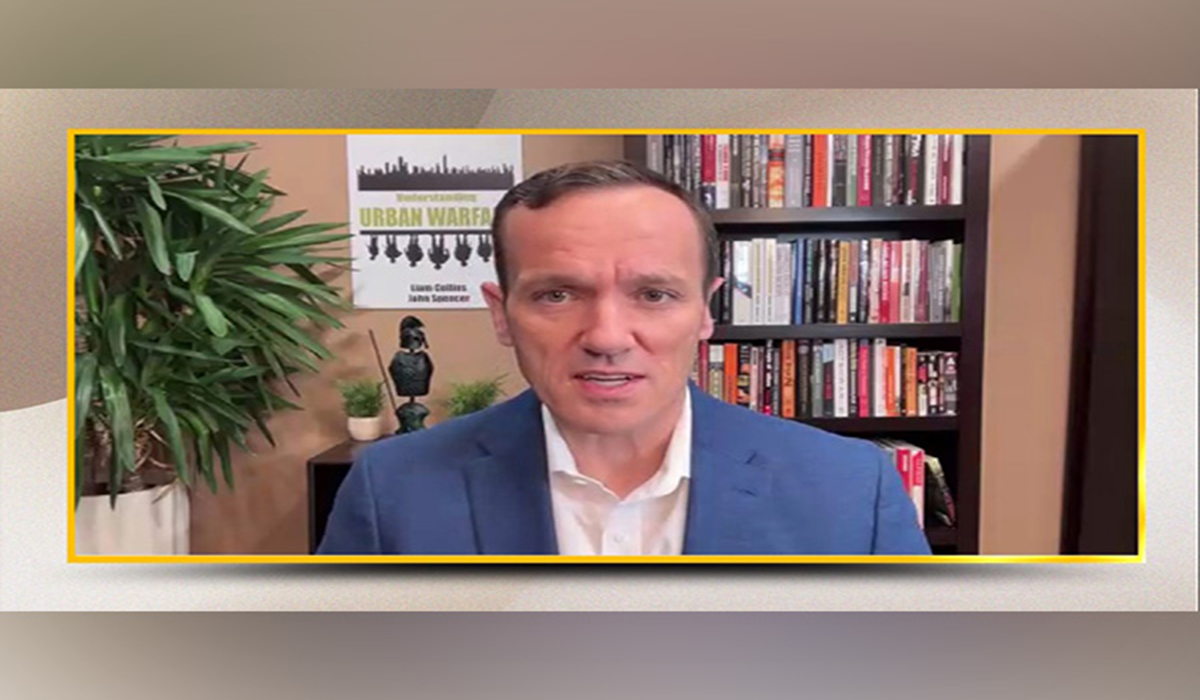
New Delhi: Stating that America’s relationship with Pakistan is complex, a leading security expert has said that he does not see the possibility of Islamabad getting US technology antime soon and that the United States administration has conveyed that it “will not back those who back terrorism”.
In an interview, welfare scholar and chair of Urban Warfare Studies at the Modern War Institute, John Spencer, said that India is not the same India of five years ago, and for him, studying the country from elements of economics, military, and politics is the same as studying the United States.
Asked about Pakistan’s wish list in the wake of its Army Chief Asim Munir and its Air Force chief visiting the United States, he said that there are conditions attached to the earlier supply of F-16s to Pakistan and there is unlikely to be further exports.
“I know that that relationship is complex. I don’t think you’ll see any US technology going there soon. And they’ll have to be looking elsewhere. Although there’s a history with the F-16, multiple Presidents have been involved, and there are limitations on how they can use it, among other things. I always say geopolitics is complex, but terrorism should not be. And the United States makes statements and, through action, especially this administration, that we will not back those who back terrorism,” he said.
Spencer said the opportunities between the United States and India are much different from what they were a few years back.
“….India is not the same India of five years ago. For me, studying India from every element of economics, military, and politics is the same as studying the United States. The threats to the world are different. I think one of the threats is just the geopolitical, global, international order. When you have things like the Russian-Ukrainian War, you have the uselessness of the United Nations, in my own words,” he said.
“These aspects make it a different paradigm from the Cold War, and the relationships and opportunities between the United States and India are much different from what they were. From a geo-connected or globally connected economy, the impact of India’s data, artificial intelligence, and innovations on the world, and particularly the United States, is significant. And I think that there’s more opportunity than there ever was during the Cold War, in my own opinion,” he added.
He said it’s hard to understand war without understanding geopolitics, international relations, political science, and even economic ties.
Spencer, who is a scholar, author, combat veteran and security analyst, said India was demonstrating will to do what’s necessary if Pakistan wanted to continue to escalate and a change in India’s strategic doctrine will really change the entire region.
“As we talk in military terms, I’ve read lines and things, and clearly India demonstrated that with action. But the words matter, the cultural aspects, so it’s understood. That’s why it was important to talk to active military, former military, think tanks, media. I can absolutely clearly see a change in India’s strategic doctrine that will really change the entire region in my opinion,” he said.
